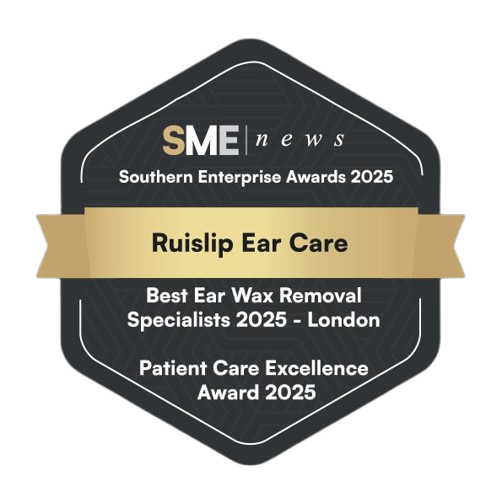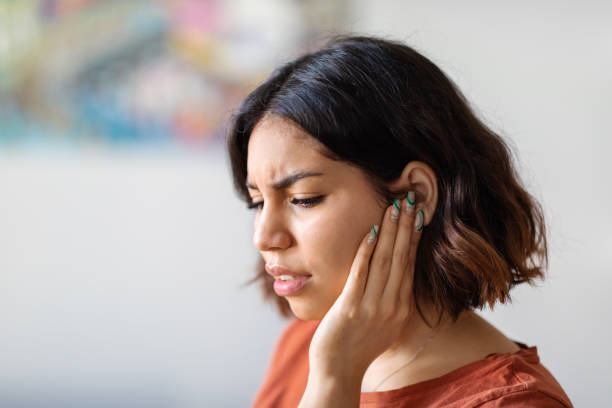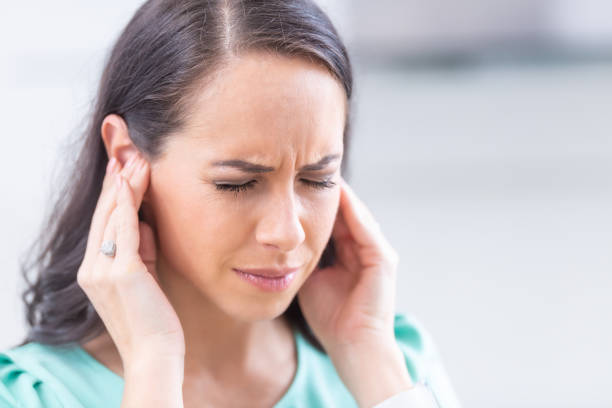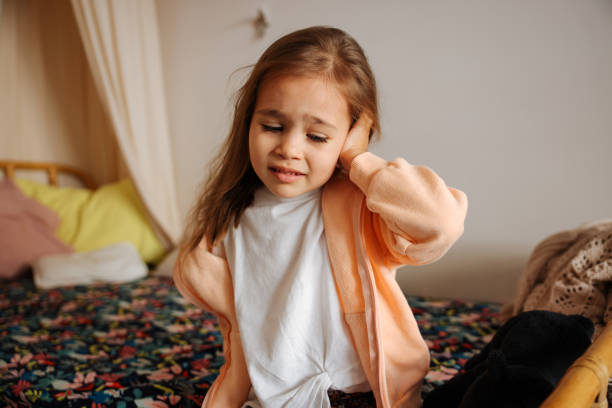The Ultimate Guide to Earwax: Everything You Need to Know
The Ultimate Guide to Earwax: Everything You Need to Know Earwax, medically known as cerumen, is a natural substance produced by the body to protect and maintain the health of your ears. Despite its bad reputation, earwax plays an essential role in trapping dirt, dust, and other particles, preventing them from reaching the delicate structures inside the ear. It also has antibacterial and antifungal properties, safeguarding your ears from potential infections. However, earwax is often misunderstood. Many people believe it’s a sign of poor hygiene or something that needs to be removed frequently. In reality, the ear is a self-cleaning organ, and earwax is part of its natural defense system. Let’s debunk some common misconceptions and take a closer look at the importance of earwax in ear health. What Is Earwax? Earwax, or cerumen, is a natural substance produced by the glands in your ear canal. It is a mixture of secretions from sebaceous and ceruminous glands, combined with dead skin cells, hair, and other debris. Its composition can vary depending on factors like genetics, environment, and overall health, but it generally contains oils, cholesterol, fatty acids, and enzymes that give it its protective qualities. The primary purpose of earwax is to act as a natural barrier for your ears. It prevents dirt, dust, and other small particles from reaching and damaging the eardrum and deeper structures of the ear. Its sticky texture helps trap these particles, while its antibacterial and antifungal properties protect against infections. In addition, earwax serves to lubricate the ear canal, preventing dryness and irritation. Without it, the ear canal could become itchy, prone to cracking, or more susceptible to infection. While it often goes unnoticed, earwax is an essential part of maintaining healthy ears. Types Of Earwax Earwax comes in different types, influenced by genetics, environment, and health conditions. Understanding these variations can provide valuable insights into your ear health and even aspects of your ancestry. Wet vs. Dry Earwax One of the most notable distinctions in earwax types is wet versus dry. This variation is largely determined by genetics. Wet Earwax: Wet earwax is sticky and amber or brown in color. It is more common among individuals of African and European descent. The wet consistency helps to better trap dust and debris, which may have been an evolutionary advantage in certain environments. Dry Earwax: Dry earwax is flaky and grayish or light yellow in color. It is more prevalent in individuals of East Asian and Native American descent. This type of earwax lacks the oily consistency of wet earwax, reflecting genetic differences in the ABCC11 gene. The presence of wet or dry earwax doesn’t indicate a health issue—it’s simply a characteristic inherited from your ancestors. However, understanding these differences can help in identifying appropriate cleaning methods, as dry earwax may not adhere to certain removal techniques as effectively as wet earwax. Color Variations in Earwax and Their Health Implications The color of your earwax can also vary significantly and may offer clues about your ear health or even overall wellness: Light Yellow or Pale Orange: Common in children and young adults. Indicates fresh, healthy earwax that hasn’t been exposed to air for long. Golden Brown: The most common color for healthy adults. Suggests the earwax is doing its job of trapping debris and maintaining ear health. Dark Brown or Black: Can occur in older earwax that has been exposed to air and oxidized. More common in individuals with darker skin tones due to increased melanin. Excessively dark wax may also indicate a build-up and the need for professional cleaning. White or Gray: Often associated with dry earwax. May indicate a lack of moisture or hydration in the ear canal. Reddish or Blood-Tinged: May suggest an injury to the ear canal or the presence of hardened wax that has caused minor abrasions during movement. If blood is noticeable, it’s essential to seek professional advice to rule out infection or trauma. Greenish or Foul-Smelling Earwax: A possible sign of an ear infection. The green color may indicate pus or bacterial activity, which requires immediate medical attention. How the Body Naturally Removes Earwax The human ear is an incredible self-maintaining organ. One of its remarkable features is its natural ability to clean itself, ensuring that earwax doesn’t accumulate excessively under normal circumstances. The Self-Cleaning Mechanism of the Ear Canal The Role of Ear Canal Structure: The ear canal is lined with skin that naturally sheds and renews itself. This process begins at the eardrum and moves outward, carrying old earwax, dead skin cells, and trapped debris along with it. Tiny, hair-like structures called cilia inside the ear canal assist in pushing the earwax toward the opening of the ear. Jaw Movement as a Natural Aid: Everyday activities like chewing and talking also play a significant role in the self-cleaning process. The movement of the jaw helps dislodge earwax from deeper in the canal, encouraging it to migrate outward where it can fall away or be easily wiped off. Earwax at the Canal Opening: As earwax reaches the outer part of the ear, it dries and flakes away naturally or can be gently cleaned with a damp cloth. This ensures that the ear canal remains clear without the need for any invasive cleaning methods. When the Natural Process Fails Despite the ear’s efficient self-cleaning abilities, there are times when the process can fail, leading to a build-up of earwax. Common causes include: Narrow or Curved Ear Canals: Some individuals naturally have narrower or more curved ear canals, making it difficult for earwax to move outward. Excessive Earwax Production: Conditions such as stress, hormonal changes, or environmental factors can increase earwax production, overwhelming the ear’s natural cleaning process. Obstruction from Earbuds or Hearing Aids: Frequent use of devices like earbuds, headphones, or hearing aids can push earwax back into the canal, compacting it and preventing natural removal. Age-Related Changes: As people age, earwax can become harder and less mobile, making it more likely to accumulate and cause blockages.





